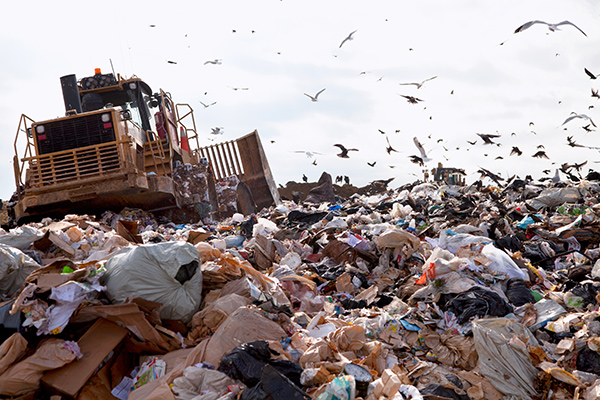
Food Recycling
In the world there are millions of people suffering from starvation and lack of food. Yet, at the same time tons of food products are wasted each day. Wasting food is an ethical and economic issue and it also depletes the environment of limited natural resources. What happens to food past its shelf-life? Food waste is one of the least recovered materials in the municipal solid waste stream and is one of the most important materials to divert from landfills.
Food that is disposed of in landfill decomposes to create methane, a potent greenhouse gas that contributes to climate change. However, food waste can be recycled and turned into valuable resources. It can be composted in the backyard or in a commercial facility to create a natural fertilizer with many beneficial qualities. Furthermore, it can be converted into animal feed. Food can also be used as an alternative source of energy, using the products of its degradation. The main goal of course is to minimize food wasting significantly. But when the waste is already produced, it is necessary to transfer it and to limit the pollution of our planet.
Food that is disposed of in landfill decomposes to create methane, a potent greenhouse gas that contributes to climate change. However, food waste can be recycled and turned into valuable resources. It can be composted in the backyard or in a commercial facility to create a natural fertilizer with many beneficial qualities. Furthermore, it can be converted into animal feed. Food can also be used as an alternative source of energy, using the products of its degradation. The main goal of course is to minimize food wasting significantly. But when the waste is already produced, it is necessary to transfer it and to limit the pollution of our planet.
Prevention Of Food Wasting: More than one third of all the food that is produced on our planet never reaches a table. It is necessary to prevent production of food waste and strengthen the sustainability of the food system.
Recycling Of Food Waste: Politicians and scientists deal with the question of how to tackle the waste of food. Wasted food may be an interesting source of energy.
Ethical Issue: Wasted food hurts our pockets and the planet. It's also deeply unfair. The waste we produce nowadays will remain here for the next generations.
Food waste, Food spoilage, Environmental impacts, Recycling, Composting, Famine, Climate change, Use-by dates, Shelf life
Related Topics
 EN
ENAgeing
Ageing is a process that involves numerous irreversible changes. There are many theories trying to explain its causes (e.g. genetic predispositions...
READ MORE
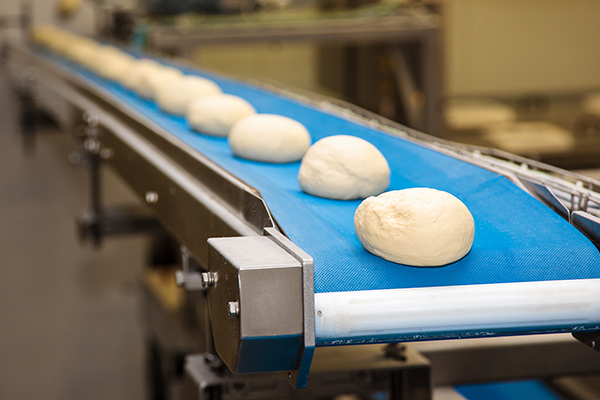 EN
ENFood Production
The world population has reached 7.4 billion people and this number is increasing every second. Hence, we need to produce more food. However, it is...
READ MORE
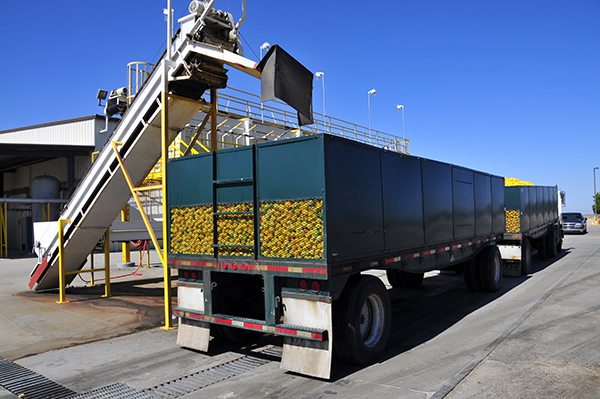 EN
ENFood Transportation
Before you eat your daily snack: Do you think about where it was produced and from where the components are coming? Maybe it has travelled more kil...
READ MORE
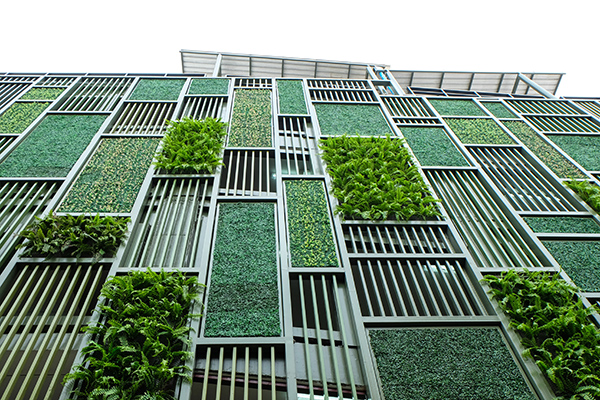 EN
ENGreen Buildings
"Green building" is an overarching concept of sustainable architecture and construction that can appear in various forms of expressions. Some exper...
READ MORE
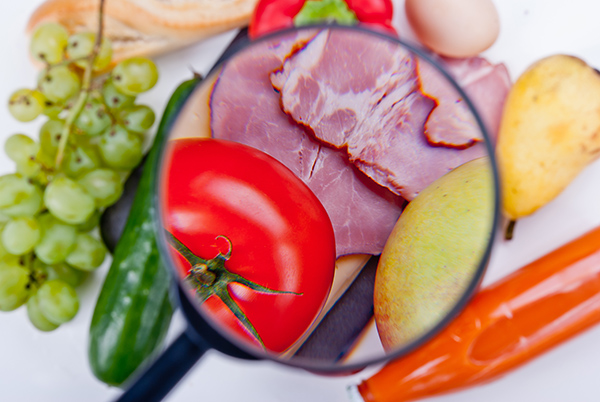
Lebensmittelchemie
Chemie ist überall. Wir atmen sie, trinken sie und unser Essen besteht aus vielen chemischen Verbindungen. Die meisten von ihnen sind für unseren K...
READ MORE
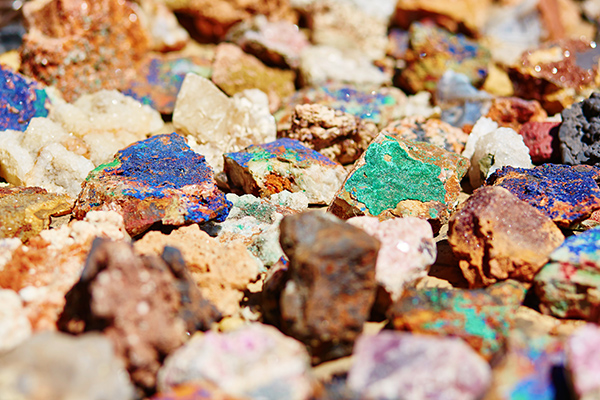
Mineralien
Es gibt tausende verschiedene Mineralien auf unserer Erde. Es gibt keinen Ort auf der Welt, wo sie nicht zu finden sind. Mineralien sind chemisch u...
READ MORE




